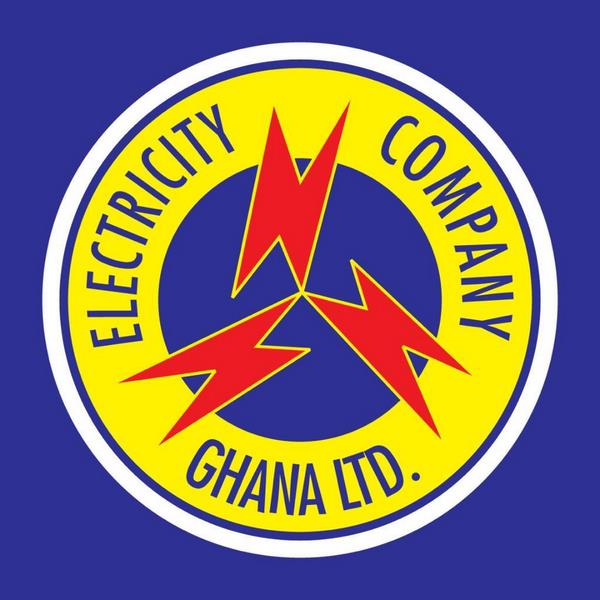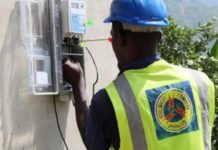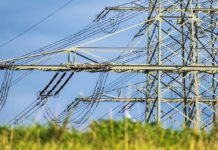
As of the end of the first quarter of this year, the Electricity Company of Ghana (ECG) Limited owed the Independent Power Producers $900 million in power supply invoices.
According to the Chief Executive of the Chamber of IPPs, Distributors and Bulk Consumers, Elipklim Apetorgbor, ECG does not have any moral right to increase electricity bill astronomically.
Speaking at the Public Hearing of the Multi-Year Major Tariff Review, he said “you are heavily indebted and have not paid your generators. As at the end of the first quarter of 2022, you owed us almost $900 million in power supply invoices only, excluding other legitimate claims. It is wiser to continue making the effort to retrieve those difficult debts, no matter how small per time than writing off.”
ALSO READ:
- Man allegedly turns into cow after bonking married woman [Video]
- First lunar eclipse of 2022 starts tonight; check out time
This is coming despite the IPPs writing off some energy debts for government and its related organisations. Recently, the 2020 State Ownership Report revealed that ECG, the Volta River Authority and other energy related institutions have made profit.
But the Chamber of Independent Power Producers said for them to declare profit in the provision of constitutionally mandated service to the public is a deviation from the core mandate and rather competing with the private utilities service providers, adding, “and this is expected to result in tariff reduction to make the electricity tariff in Ghana competitive and not to seek for an increase in tariff.”
“You recalled that the GoG/MoF laid claims in recent past, via the mid-year budget review to the fact the ECG/GoG is debt ridden because of take or pay PPAs. GoG in a subsequent notice of application to the public on February this year revealed that it has made savings of $13.2 billion through the renegotiation efforts also that the Average Cost of Generation for the IPPs have declined to 16.2 cents/kWh – 10.5 cents/kWh. If this claimed savings are true and real, it should be good news to the sector revenue requirement and most importantly inure to the benefit of ECG. Indirectly, this should shore up ECG’s revenue and there should be no justification to increase tariff for ECG to make excess revenue”, Mr. Apetorgbor said.
He challenged the ECG in particular that if it claimed making profit, then it means it have excess revenue that it has achieved via efficiency, technologically and commercially.
This he believes will result in tariff reduction to make the electricity tariff in Ghana competitive and not to seek an increase in tariff.
Recently a media publication revealed that ECG spent $1.5 billion to maintain and upgrade its system. The Chamber of IPPs said the prudent activities are meant to improve its system and consequently a reduction in operational cost, and for that matter not to increase it.





